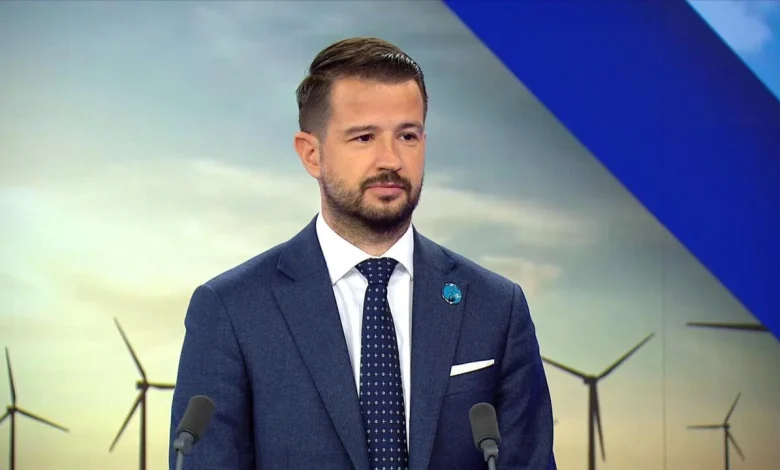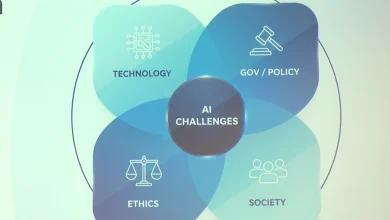‘I want to see a more engaged Europe in the Balkans’: Montenegro’s President Milatović – Talking Europe

Montenegro is considered to be one of the frontrunners to join the European Union, and it hopes to enter the bloc and the eurozone in 2028. The Western Balkans country of around 620,000 people began accession talks in 2012. Six years earlier, in 2006, it had emerged as an independent state after the end of the former Union of Serbia and Montenegro. We host the country’s president, Jakov Milatović. He is a young pro-European reformer who says he is determined to follow the Euro-Atlantic path. Milatović is an Oxford-trained economist and was minister of economic development before being elected president of Montenegro in 2023.
We begin with EU enlargement, a key issue in the region. “The enlargement of the EU was always an investment in stability and prosperity, not only of the parts where the EU enlarged, but also of Europe as a continent as a whole,” Milatović says. “Now, I believe it’s the same story with the Western Balkans. If Europe doesn’t grasp this opportunity and take the moment, somebody else will try to increase its power in the region. And this is what we are already seeing through different cyber threats and disinformation that are coming from the third parties. And so I am very clear, I do want to see a more engaged Europe in the Balkans.”
What sort of help would he like from the EU?
“Technical help, so that we can make our institutions more resilient in order to be able to fight hybrid threats more effectively,” Milatović answers. “But in the long run, we obviously need to work a lot on media literacy, of our young people especially, as well as on social cohesion.”
Milatović touts the strides that his country has made towards EU membership.
“Montenegro is the only candidate country that has opened all the [negotiating] chapters. And we were also able to close a number of them,” he explains. “Montenegro is fully aligning its foreign and security policy with the one of the EU. So everything, literally everything that is decided by the EU Council, Montenegro takes on board. Montenegro is also part of NATO and that’s very important given the current geopolitical situation. You mentioned the eurozone. Montenegro has unilaterally adopted the euro a while ago. And in that regard, we are also trying to fulfil all the necessary criteria. Also, in comparison to the other countries of the region, Montenegro doesn’t have any major open issues with its neighbours. So we would not be bringing problems to the club.”
Milatović admits, though, that organised crime continues to be a significant issue, and an obstacle on the path to Montenegro’s EU accession.
“This is a challenge that we are tackling together with our international partners,” Milatović says. “And I believe that the French authorities played a crucial role, together with Europol and Interpol, when they dismantled the encrypted correspondence between the members of the organised crime groups. And this is the evidence which our prosecutorial system, our court system is now using to prosecute many of those people. There are people who were part of our system, of our police department, of our court system, who, instead of fighting the organised crime, were actually part of the organised crime! I do want to put an emphasis on the fact that, when I was chosen to become the president, I had a very clear mandate from the people to promote zero tolerance on organised crime and on corruption.”





